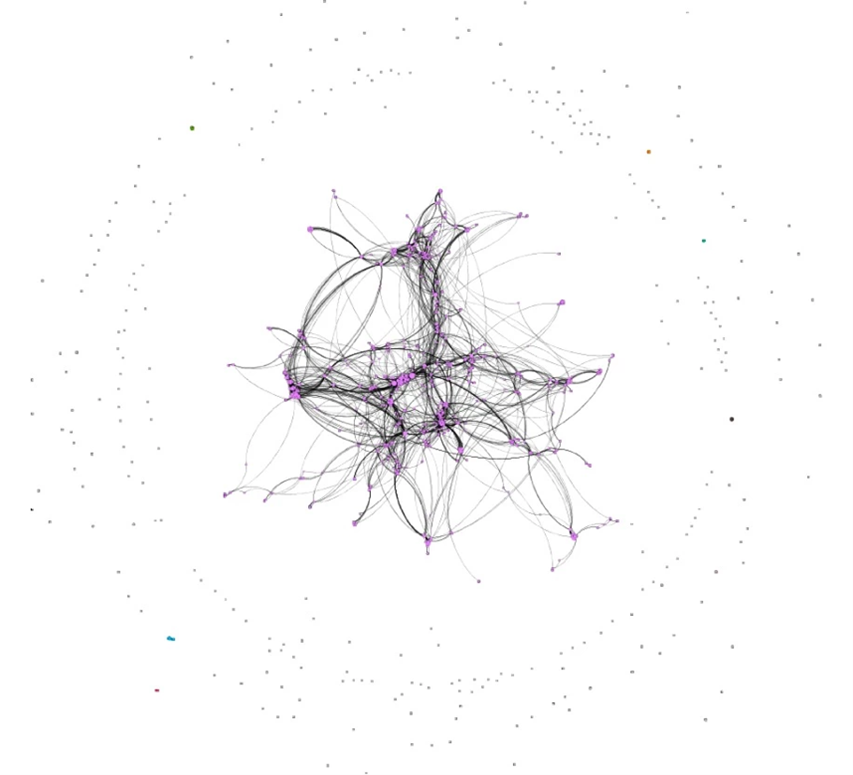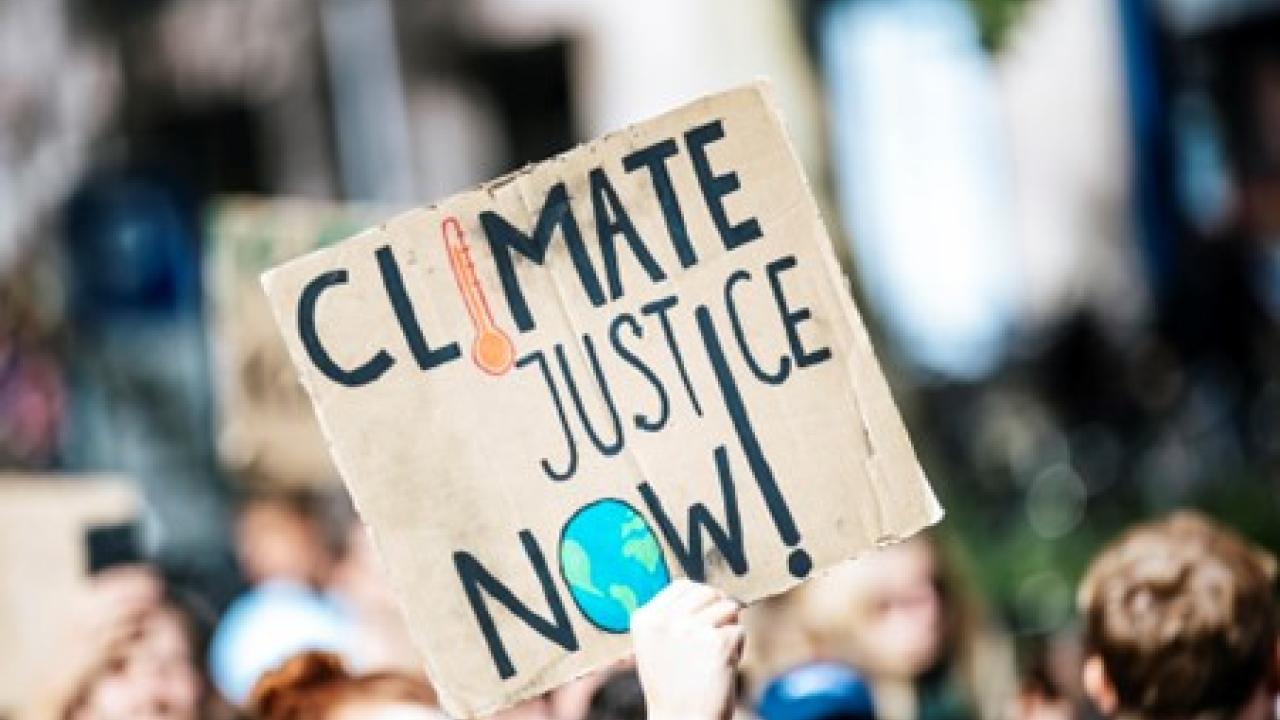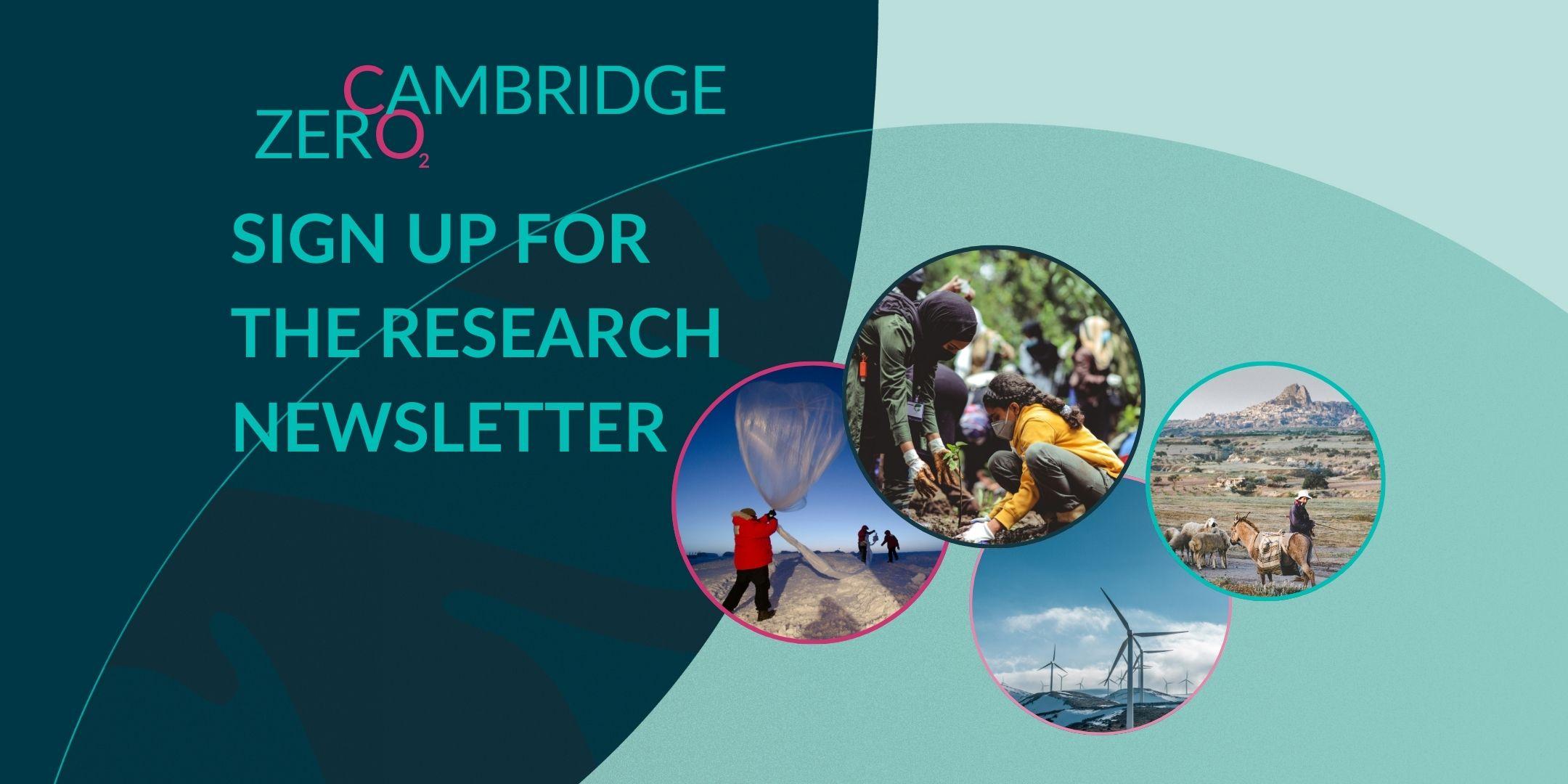We are pleased to announce that Dr Ramit Debnath has been awarded an inaugural Cambridge Zero Fellowship to improve public understanding of climate change.
Ramit has a background in electrical engineering, sustainable development and public policy. He is passionate about interfacing data science and public policy to improve data-driven decision making for just energy and net-zero transition. He is currently a sustainability fellow at Churchill College and a visiting faculty associate in Computational Social Science at the California Institute of Technology. He also holds positions as Laudes Foundation Research Associate within multiple research units at the University of Cambridge: the Energy Policy Research Group (Judge Business School), Centre for Natural Materials Innovation (Architecture), Centre for Climate Repair (Engineering) and Bennett Institute of Public Policy (POLIS). He is one of the 2022 Alan Turing Postdoctoral Enrichment Award recipients from the Alan Turing Institute, UK, and received his PhD (Gates Cambridge Scholar) and MPhil (Commonwealth Scholar) from the University of Cambridge.
With the help of this Cambridge Zero fellowship, Ramit will uncover the institutional structure of climate change misinformation and the role of social media platforms in such agenda-setting. The broader goal is to improve the public understanding of climate change by building a defence against rampant misinformation campaigns at an organisational scale. To do this, Ramit will leverage his existing collaborations to develop novel computational social science methodologies using machine learning and AI.
As a Cambridge Zero Fellow, Ramit envisages developing and delivering a one-of-a-kind teaching course on Climate Action for the newly launched Design Tripos course which aims to bridge the gap between arts, humanities and engineering. This new course will introduce Cambridge undergraduate students to the current challenges of climate change and the role of human-centric design in solving it.
Ramit has previously worked with Cambridge Zero on a flagship project for the UN Climate Change Conference COP26 called the Futures We Want. This work motivated him immensely to engage with citizens and utilise citizen science to collectively develop emissions reduction pathways for enabling a just net-zero transition. He firmly believes that social media big data can provide valuable insight into how people perceive climate action towards reducing carbon emissions, and we can use these new digital data streams to place people at the heart of the net-zero transition.

Graph showing a network of Twitter interactions based on #climatechange on April 1st 2022. Each dot is a Twitter user and lines shows their interconnection.
About his work, Ramit says,
“In my ongoing research, I am evaluating whether public engagement on Twitter about climate action, over time (2009 - 2021), impacted social and environmental justice. This is a critical policy question as it can demonstrate the effectiveness of such platforms in leveraging the collective wisdom of people towards a common goal of achieving a just net-zero transition."
Although there are benefits, using Twitter and Facebook as a communication tool for climate action in the current state presents some vital challenges:
- Firstly. we do not clearly understand the structure of misinformation or who sets the agenda in these platforms. It creates information chains that cause more harm than good.
- Secondly, these social media platforms have embedded limitations regarding who can access them. Even if people have access, the question then becomes how many engage in climate communication. For example, a recent analysis by Twitter shows that in a global sample of English tweets from 2013-2020, mentions of “climate change” grew an average of 50%. The increased frequency and magnitude of extreme weather events is also amplified in Twitter conversation. However, Twitter's user base has some inherent socio-demographic biases. It primarily consists of young users – 38.5% of 211 million active users globally are in the 25-34 age range – and skews strongly towards a male user base, with 73.8% of users identifying as male and only 29.6% as female (as of April 2021 ).
Furthermore, there are technological challenges affecting the identification and filtration of climate misinformation, and part of this lies with who the gatekeepers are. At present, such technical and algorithmic decisions are restricted to the owners or board members of these tech companies, limiting information transparency. Therefore, I am evaluating how these organisations communicate with the public on social media by developing natural language processing and machine learning-based algorithms. I am also examining at what level misinformation is embedded in the communication process and if it’s possible to create misinformation archetypes.
My analysis, using over 1.5 million tweets, shows that the flow of climate misinformation on Twitter has a triangulated form that passes across different stakeholders. For example, I found that the fossil fuel industry drives the climate narrative through greenwashing which influences intergovernmental and non-governmental organisations to react to topics on coal pollution, fossil fuel divestment and environmental justice. However, this reaction further influences the fossil industry to reiterate their greenwashing behaviour to obfuscate consumers, while moving away from climate action.”
Ramit recently had a chance to present his ongoing research at Twitter headquarters in the UK. Company representatives acknowledged their need for a proactive role in enabling fair and trustworthy climate communication. “A common outcome derived from my meeting with Twitter was allowing greater collaboration between the social media industry and academia, especially on the importance of increasing the role of social science and humanities researchers in these tech companies,” Ramit said.
As a Cambridge Zero fellow, Ramit is committed to improving public understanding of climate change through cutting-edge research, public engagement and teaching.
To learn more about his research, please visit his website.



